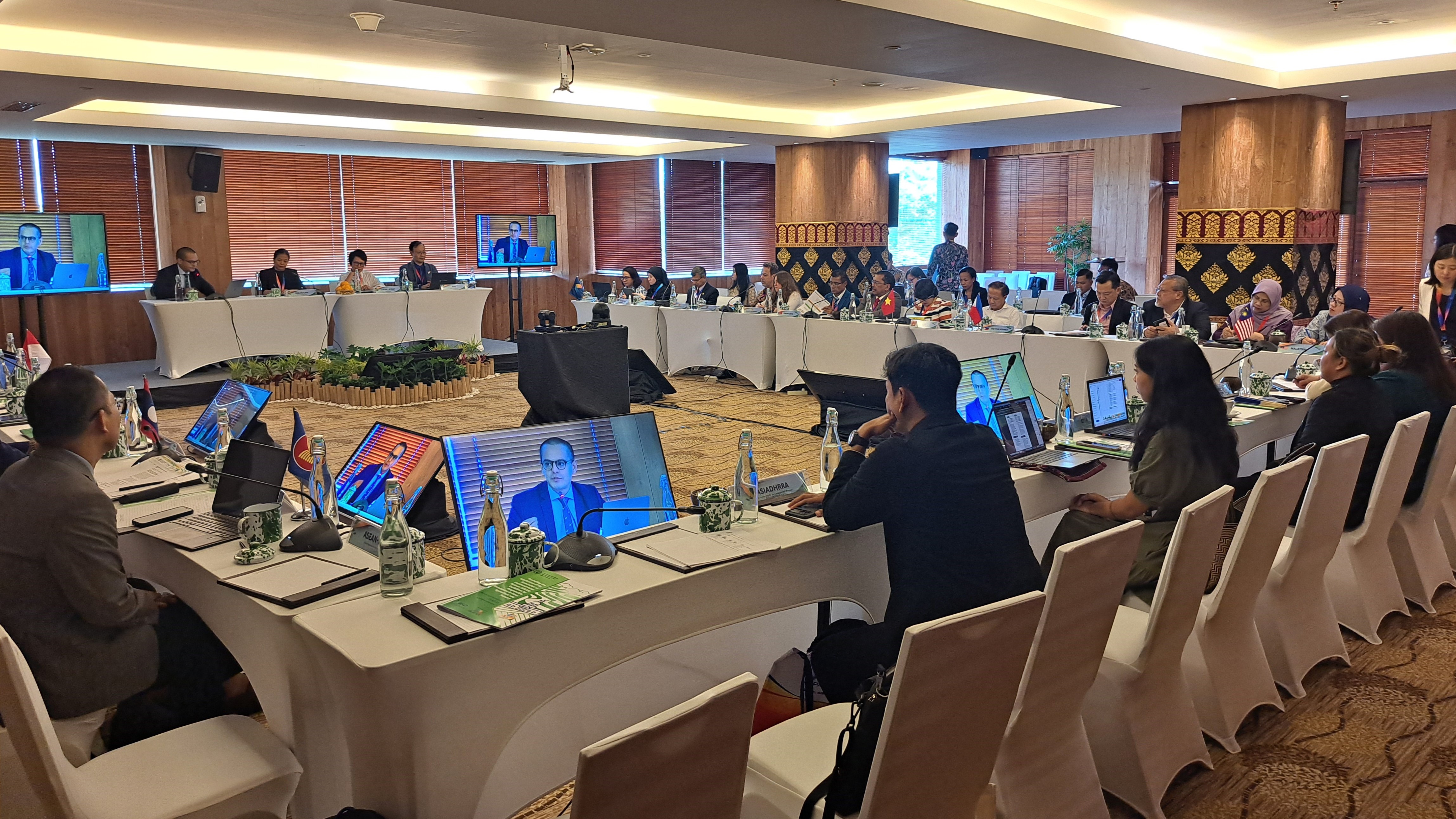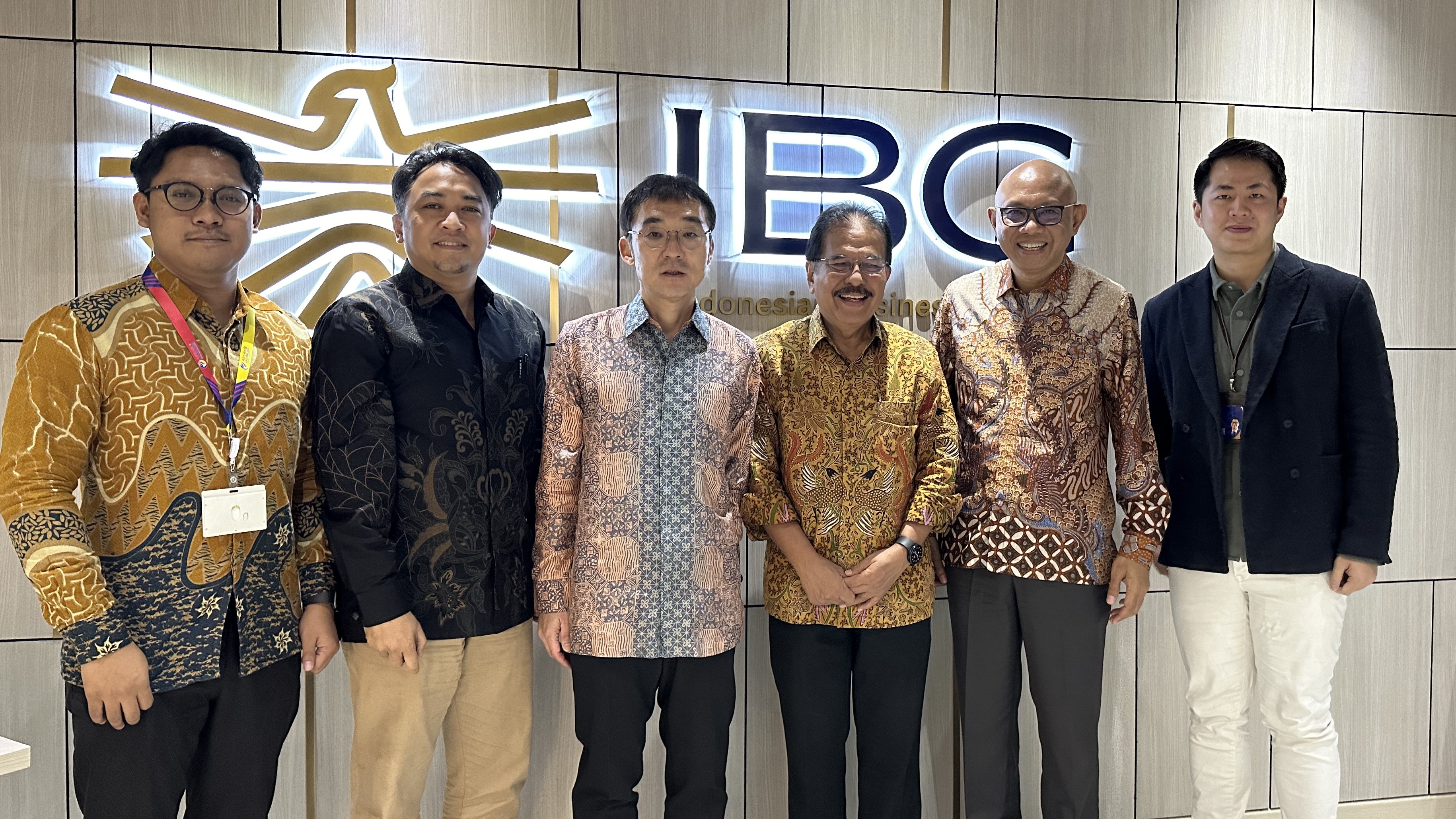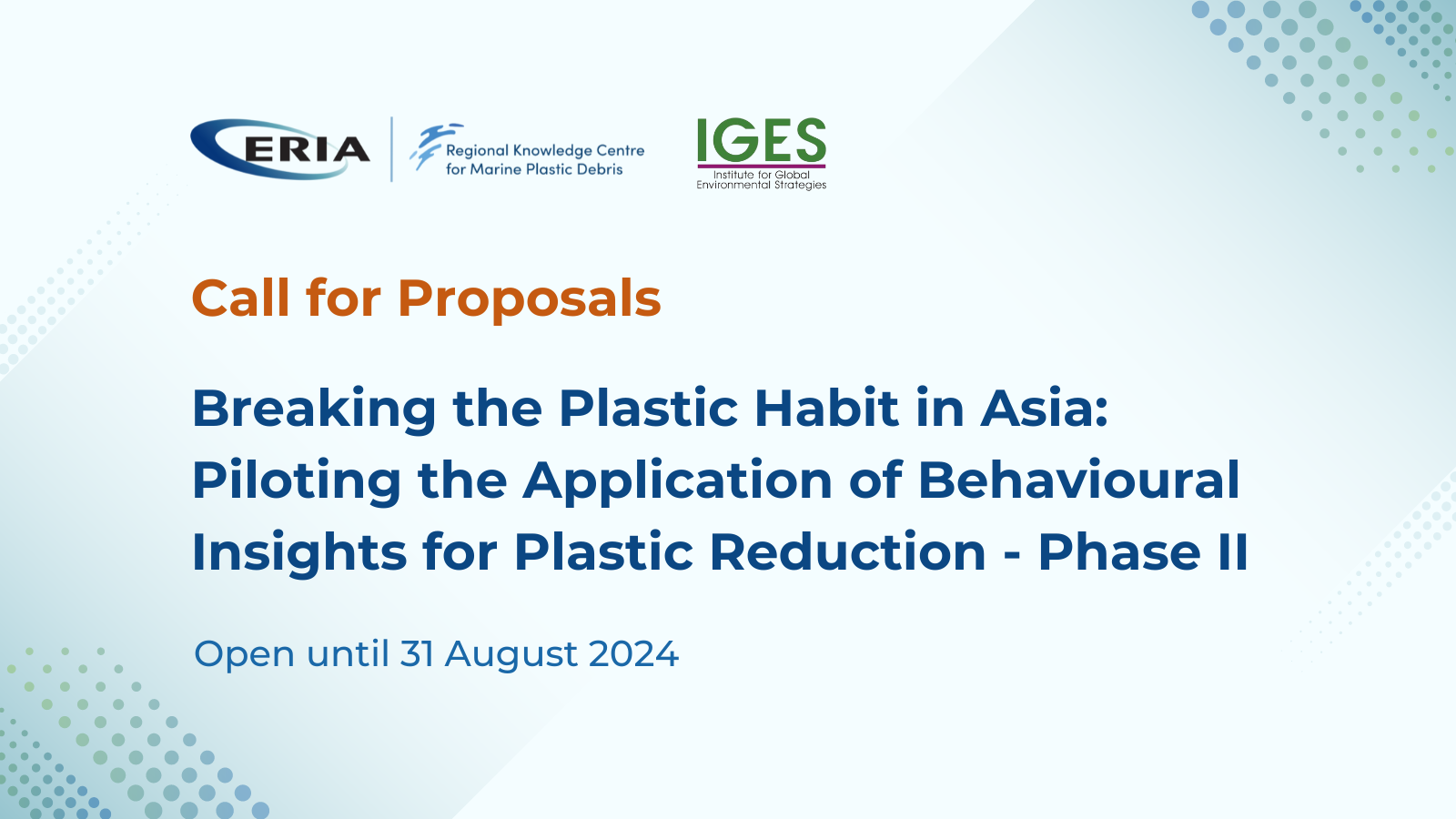Advancing CCUS in ASEAN: Highlights from the 2nd SEACA Workshop
Share Article:
Print Article:
Tangerang, 20-21 November 2023: The Economic Research Institute for ASEAN and East Asia (ERIA) participated in the 2nd South East Asia CCS Accelerator (SEACA) workshop held in Atria Hotel, Tangerang, Indonesia. Co-hosted by the Global CCS Institute (GCCSI), ASEAN Centre for Energy (ACE), and Asia Natural Gas & Energy Resources (ANGEA), this two-day workshop marked a significant milestone following the inaugural event in Bangkok on 15-16 May 2023.
Alex Zapantis, General Manager External Affairs at GCCSI delivered the welcome remarks, introducing the SEACA initiative, which is aimed to catalyse CCUS development and commercialisation in the ASEAN region. Stakeholders across the value chain—government bodies, financiers, private companies, and NGOs—gathered to address key issues and bottlenecks associated with CCUS implementation in the region.
Highlighting Indonesia’s commitment, Ir Mustafid Gunawan, Director of Oil and Natural Gas Program Development at the Ministry of Energy and Mineral Resources, expressed enthusiasm for CCUS development in the country. With 15 CCS/CCUS projects slated for completion by 2030, Indonesia views SEACA as a pivotal catalyst aligning with the growing momentum in the ASEAN region.
Mr Alex Yelland, Director of Policy at the Asia Natural Gas and Energy Association, delivered a message highlighting the significance of the SEACA initiative, which aims to build a CCS supply chain within the ASEAN region. He stressed the imperative need for all involved institutions need to work together to realize this. Dr Belladonna Maulinda, Executive Director of the Indonesia CCS Center, echoed a similar sentiment. She pointed out the momentum as beneficial for initiating the construction of the regulatory framework, particularly in ASEAN countries, to establish a seamless CCS value chain. Dr Belladonna also highlighted Indonesia’s has potential success points in CCS: 1) the launch of Indonesia’s Carbon Market and Presidential Decree in CCS; 2) substantial carbon storage potential for CCUS; and 3) close ties with private companies willing to invest in CCUS.
Dr Nuki Agya Utama, Executive Director of ACE, emphasised the necessity for ASEAN countries to develop CCS technology. Dr Nuki noted that 83% of ASEAN’s energy mix is dominated by fossil fuels, and according to the APAEC scenario, it is projected to consist of 71% fossil fuels in the energy mix. To achieve a carbon-free future, CCS stands as a viable alternative.
The session continued with a focus on government’s perspectives, featuring speakers from governments in ASEAN countries dedicated to CCS. Subsequent sessions addressed CCS development issues from the viewpoints of project developers, contributors, and financiers. Speakers represented various organisations, including the Indonesia CCS Center, Commercial Law Development Program (CLDP) US, World Bank, ANGEA, Ministry of Economy, Trade, and Industry (METI) Japan, ExxonMobil, Shell, JOGMEC, Sumitomo Corporation, Santos, Mitsui OSK Lines, Northern Territory of Australia, BP Indonesia, and Mitsubishi Corporation.
On the second day, the workshop delved deeper into each of the SEACA’s three pillars: policy, financing, and storage. The policy session focused on the transboundary movement of CO2, and its implications for CCS cross-border transportation. It also addressed CCS legal and regulatory frameworks, discussing the various issues and challenges across different countries. The storage session centred on geological storage development.
During the financing session, Dr Han Phoumin, Senior Energy Economist at ERIA, served as a panellist. He discussed barriers, opportunities, and alignment with the ASEAN Taxonomy. Dr Phoumin highlighted that CCUS technology has been classified as Green Technology in the ASEAN Taxonomy, aiming to attract more financing and expedite CCUS development in ASEAN.
Similar to the first workshop, the outcomes of the 2nd SEACA workshop will contribute to developing the CCS deployment framework and roadmap. This will serve as a reference and guide for ASEAN countries in establishing paths for the commercialisation and development of CCS in the region.








